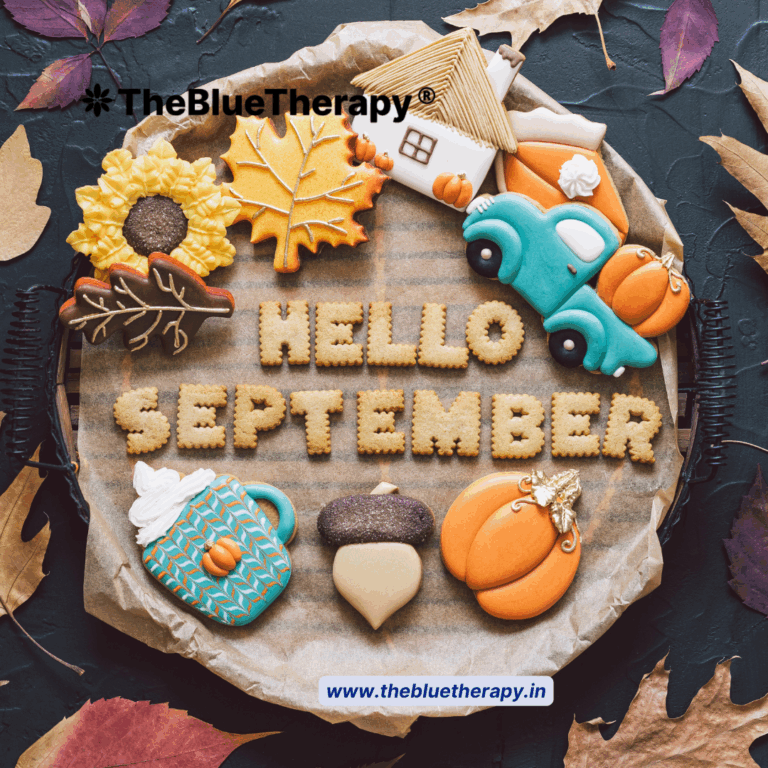The Power of Social Support in Regaining Mental Wellness
Having a strong support system has many positive benefits. Some of them include better coping skills and higher levels of emotional well-being. In order for us to thrive, we need to have a support system when we’re in need. But what does Social Support mean?
Social support is having a network of family and friends that you can turn to in times of your need.
It refers to the assistance, encouragement, and understanding individuals receive from others in their social circles.
It is social support that helps us rise up during times of distress and anxiety; it often gives us the strength to move on and become resilient.
But, social support is not a one-way street. You also serve as a form of support for many others in your life.

How does Social Support Impact Mental Health?
Stressors can be caused due to the negative effects of social isolation and inadequacy, lack of social support, or lack of appropriate support.
Each person has a social support system, the strength may however vary depending on the individual.
2 essential aspects of the social world contribute to our health: social support and social integration.
Social support can assist with:
Improving the ability to cope with stressful situations
Alleviating the effects of emotional distress
Promoting lifelong good mental health
Improving self-esteem
Promoting healthy lifestyle behaviours
Social integration is participation in various social relationships. It may affect someone’s willingness to seek advice – which may even convince them to engage in preventative care, health-promoting behaviours or avoid situational stressors.
The Importance of Social Support
Often people struggle with mental health alone. It can sometimes take hold of your life and make you feel unworthy of social interactions. However, social support can help protect people from the harmful effects of stress or chronic health concerns. It is also important to remember that everyone is worthy of being cared and loved for.
- Reconnect
Social support helps in reconnecting with the external world and allows interacting with people and focusing on outside interactions. You may find yourself being an expert at something or giving pieces of advice to someone as you may be seeking useful advice.
- Unprompted check-ins
Social support also helps in reaching out to other people. You may find people who are respectful of your time, space and effort. When we are in situations of anxiety, and distress, we find ourselves getting cooped up in a corner. Having social support can help in realizing how withdrawn you had become until someone reaches out and asks whether you’re doing okay.
- Positive influence
Even though unprompted check-ins sound nice, there may be days when it could seem bothersome. You may even feel frustrated, pressured and angry. Also, you cannot always feel positive. Having a healthy social circle can help you before you reach your rock bottom. You will feel grateful to look forward to something each day.
- Healthy distractions
Sometimes, social support may provide a very healthy distraction in your life. You may sometimes be unaware of things happening around you when you’re stressed – making it difficult to focus on yourself. You may not even know the answer to this distraction, yourself. But there’s a distinction between healthy and unhealthy distractions. The key is, rather, to strike a balance between what entertains you and what could delay your willingness to take action.
Tips to Cultivate Your Own Support System
Many people think it’s easier to lead a life alone and taking care of themselves is only something they should be worried about. Social support is crucial for anyone to have. While, it is always important to do some tasks on your own, having a support network makes it easier when things get difficult. Social support is required to maintain healthy mental and physical health.
Here are some helpful tips, The Blue Therapy has put together for you:
- Reach out
Ask for help graciously when needed and be open to accepting that you need help. Be assertive and tell others what you need. You can also be as specific as you want in your requests.
- Be patient
Meeting new people and making friends takes time. Being able to share your deepest feelings with a complete stranger requires effort and patience. Many factors contribute to a healthy and happy relationship. Be the friend you would want to have.
- Use online communities
Many online resources can provide you with specialized care and support if you’re going through difficult circumstances. But make sure to stick to reputable websites and use your common sense when it comes to meeting strangers you’ve only known online (for a while)
- Don’t be afraid to take social risks
Stepping out of your comfort zone and introducing yourself to new people can be an important way to meet others. Try new activities in groups to meet fresh faces who may provide a positive influence.
- Join a Support Group (Online/Offline)
Support groups are a great way to meet people with similar stressors or provide instrumental support. It can not only be good for your mental but physical and emotional health as well. Support groups provide a unique opportunity to practice lending support to others.
- Take care of your Relationships
Keeping in touch with your friends, maybe sending them a text once in a while, will help you create a bond for a lifetime. You are also likely to build stronger relationships when you do so. Every relationship goes through ups and downs. Disagreements arise in parts of friendships as well, but talking about them assertively can help strengthen those bonds.
Conclusion
No matter where your current level of support is, there are plenty of ways to improve your network. It is certainly a crucial factor in ensuring a healthy lifestyle for both you and the people around you. Poor social support can negatively impact our physical health, which may, in turn, contribute to several mental health challenges. Take some time to connect with your community and the people around you. Small steps lead to big changes, so set small and achievable goals!
Looking for assistance with building social support? We’d love to help!


